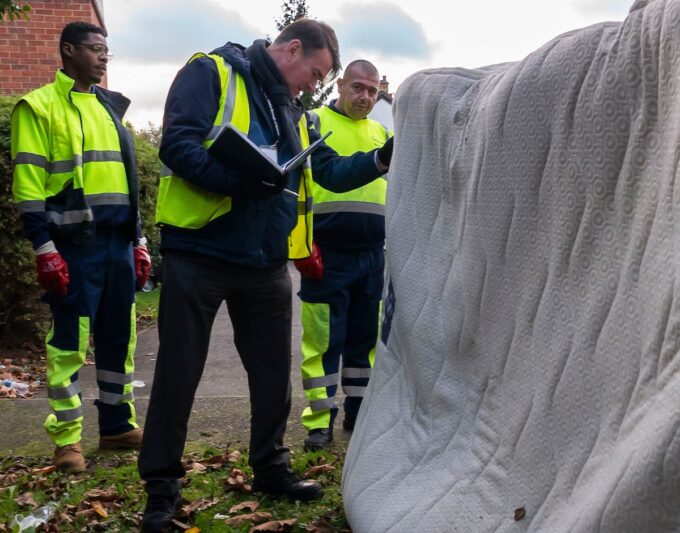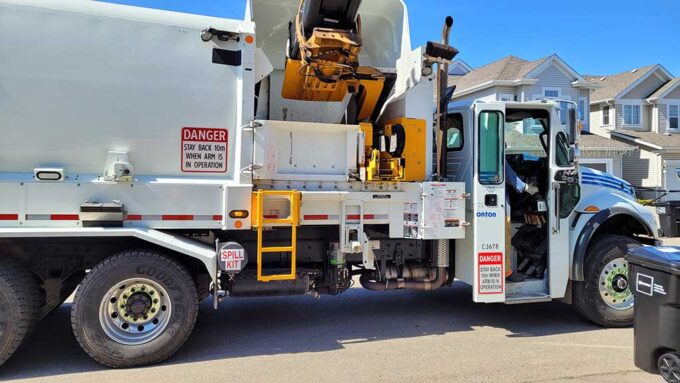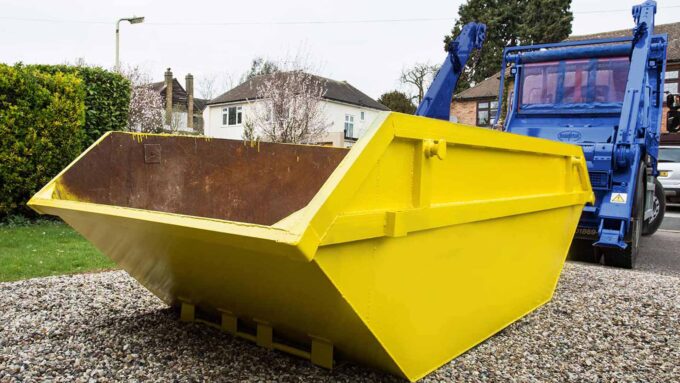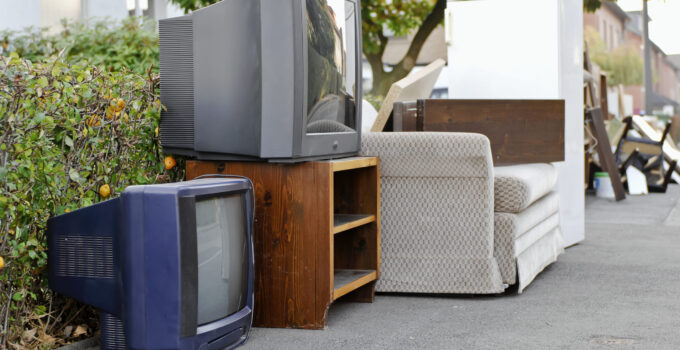Handling bulky scrap is a highly daunting task. While pieces of paper and plastic can be thrown in their respective bins, heavy appliances and equipment like ovens, furniture, cardboard packaging, and other wastes have no place in the house. Burning rubbish and filling landfills are out of the question due to the heavy pollution it contributes.
If you are looking for cheaper ways to eliminate unwanted garbage in your house, you have come to the right place! In this article, you will be familiarised with various alternatives for handling scrap and find the cheapest and most efficient way of approaching waste management for houses and businesses.
1. A Reliable Decluttering Service For Corporate Or Domestic Use

Source: bizjournals.com
The best way of disposing of bulky waste without consequences is through a reliable clearance and waste disposal service. They are inexpensive and can also be used in short appointments for domestic and commercial purposes. Clearance and disposal services can provide you with professional and environmentally friendly disposal that is convenient and uncomplicated.
You can also avail professional and expert advice, along with real-time query handling, to provide customised scrap disposal that is consistent with your requirements. These top-notch companies handle and dispose of waste from both houses and companies. To avail of professional clearance and bulky waste disposal services for environmental-friendly scrap handling at the most competitive prices, visit this site. They can handle all categories of waste through insured and ID-verified experts.
2. Council Bulky Collection Service

Source: facebook.com
For domestic disposal, contacting your local council is a great idea. Most councils offer reliable scrap disposal to residents with large unwanted items. However, they do not cater to businesses and tradespeople. Councils typically collect refuse on a standard schedule, either on a weekly or a fortnightly basis. Moreover, they require prior booking appointments and are chargeable. Although not a free collection solution, this option is relatively cheap. A piece of furniture can cost anywhere between $30 and $40.
However, this affordability comes with cons. For instance, their jurisdiction lies around junk outside the property. They also have stringent limitations on the number of items and may exclude items like bricks, rubble, and plasterboards. While this option is perfect for small budgets, their services are often unreliable with their slow response times and customer service attention.
3. Man & Van Waste Collection Contractor

Source: edmonton.ca
Another popular way of disposing of the junk is through waste carriers. They are similar to council services but are better in various aspects.
A private waste collection contractor can provide faster services with quick response times for booking and collection arrangements. The arrival windows are narrow and can be done within 2-3 days, according to your time of convenience. They are also broad in their junk collection categories, which can be done on-site without keeping the debris outside. The cost of scrap may depend on several factors like weight, volume, ease of access and loading, the timing of collection, and flexibility.
4. Skip Hire

Source: kartaway.com
Skip hire is another well-known option for debris disposal, which can provide skip bags. When hiring skips, you can avail of them within a few days of the order. You can dispose of the rubbish in the skips, which are collected by the company and disposed of. They are perfect for people who require large containers to store unrequired garbage during renovations or other significant projects. Skips are hired for extended periods and can be used for multiple wastes like wet soil, bricks, tiles, rubbles, and many more.
However, its all-potential capabilities are not free of cost. They are the most expensive option on the list. Skips are about three times costlier than private carriers and decluttering services, which can be attributed to their double pick-up and drop sessions. To make it even more unattractive, you will most likely need to apply for skip permits if you don’t have a driveway. If the road is a controlled parking zone, you must cover bay suspensions over $215.
5. Charity And Donations

Source: thebalancemoney.com
One man’s trash is undoubtedly another’s treasure, and this is especially the case for large items like furniture and fridges that not everyone has the luxury to afford. Charities and donating institutions provide an allegedly free bulky waste collection service. While they do not accept appliances beyond their useful life, upholstered furniture and large electrical items that are fire safe and verified are readily accepted by charitable institutions.
Like council services, the response window and processes are slower than in private services. Anything in a reusable state can be donated to known relatives or charitable institutions.
Factors Affecting Waste Disposal Price
Waste disposal is a different experience for different people, and so are the prices. The cost of disposing of bulky rubbish is not fixed and is influenced by a broad array of factors. They are as follows:
- Weight: Heavier the bulk of the debris, the costlier the service may be. Disposal rates are driven by the weight difference of the vehicle before and after entering the facility. This means that the vehicle is weighed before entering and again after exiting. The difference in the vehicle’s weight before and after disposal is the chargeable weight. This can also be influenced based on the type of scrap.
- Type Of Waste: Wastes are rarely of a single time. Most of the time, rubbish is given as an unorganised mix known as mixed general waste. This unsegregated scrap is differentiated before disposal and can end up in different categories ranging from light ferrous to inert to wood and green cardboard junk. Mixed general wastes are typically non-hazardous but are more expensive to dispose of due to the segregation effort on the part of the facility. A good strategy is to segregate them before collection to lower costs.
- Geographical Location: Lastly, disposal rates may vary on the grounds of location. Moreover, they can be influenced by indirect costs like labour and rent charged around the area. The proximity of collecting location to plants and landfills and subsidy rates are also significant factors contributing to the cost.
Conclusion
Handling bulk junk professionally and environmentally friendly is not accessible, but it can be chosen carefully for affordability. The cost of bulk scrap depends on numerous factors like weight and type of debris, labour and effort, and degree of flexibility. The best and the easiest way to approach the bulky waste is hiring a reliable home and corporate clearance service and leaving them in good hands. Not only is it a cost-friendly avenue, but also a convenient and professional option. The best and cheapest option is to provide them to people who need them.







